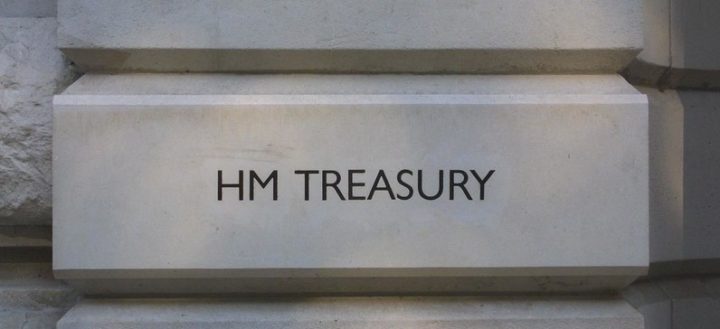The Treasury has released new guidance that restricts local authorities’ ability to borrow from the Public Works Loan Board (PWLB) if there is a “more than negligible risk” of a council failing to repay its debt without government support.
The government has implemented the restrictions due to a build-up of what the guidance describes as “very high levels of debt” in some local authorities.
The guidance states: “Failure to repay lending undermines the ability of the PWLB to continue to provide accessible, low-cost lending for local authorities to undertake capital projects.”
The Debt Management Office (DMO) will monitor the financial risks of councils using the capital risk metrics recently proposed in the Levelling Up and Regeneration Bill by the Department for Levelling Up, Housing and Communities (DLUHC).
The government is trying to sharpen its armoury a bit to give the Prudential Code more backing. It is very much giving councils a reason to follow the guidance and making sure there are consequences if they don’t.
Joined-up approach
David Green, strategic director at treasury advisors Arlingclose, told Room 151: “It is a welcome change to see the DLHUC and the Treasury working together in a joined-up approach.”
If the risk monitoring raises particular concerns regarding a council, the Treasury will contact the authority to begin a period of engagement. As part of the process, the council will be able to make representations regarding its capital spending and debt.
The PWLB’s guidance has widened its criteria to include previous decisions and investments of councils, which is a new approach.
Green said: “The government is trying to sharpen its armoury a bit to give the Prudential Code more backing. It is very much giving councils a reason to follow the guidance and making sure there are consequences if they don’t.”
The changes will not apply to authorities that adhere to the code, as it provides “sufficient assurance regarding the risk of non-repayment”.
Nick Harvey, pensions and treasury advisor at CIPFA, told Room 151: “CIPFA believes the majority of authorities will not be affected by the tighter restrictions on borrowing. We support the principle that measures are only targeted at authorities who may have taken on too much financial risk, and not at the sector as a whole.
“Restricting loan availability is due to a recognition that the activities of a minority have led to an increase in risk and leverage in the sector, with some high-profile fallout. The changes are not out of line with our revised Code, as it does not allow borrowing primarily for yield,” he said.
————
Take the Room151 IFRS9/MRP survey today
Make sure your views are heard on these important subjects
FREE weekly newsletters
Subscribe to Room151 Newsletters
Room151 LinkedIn Community
Join here
Monthly Online Treasury Briefing
Sign up here with a .gov.uk email address
Room151 Webinars
Visit the Room151 channel














